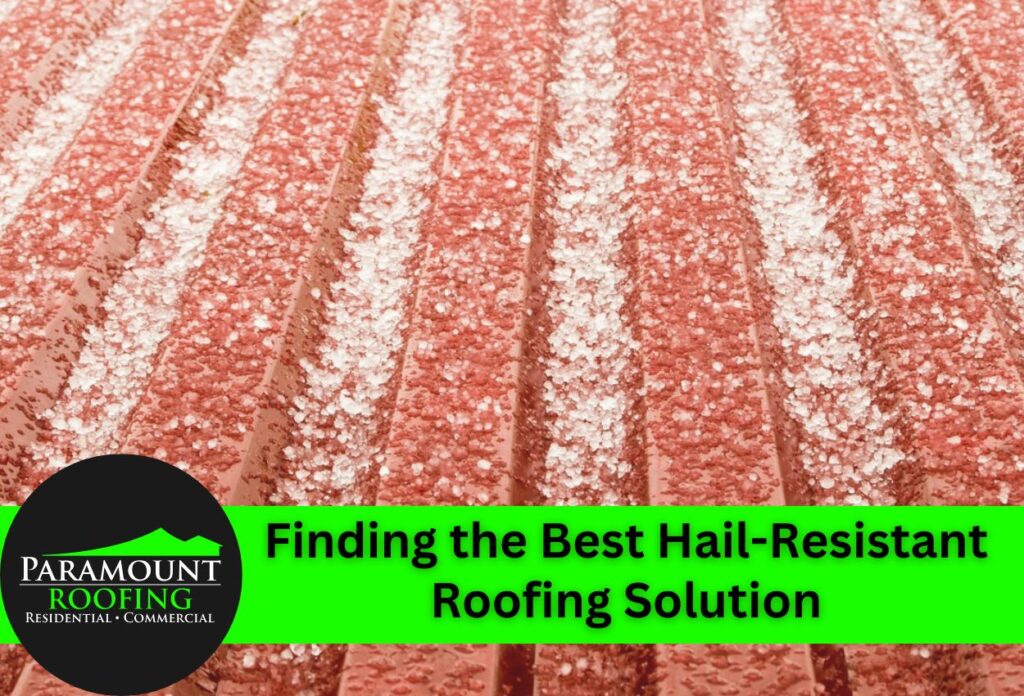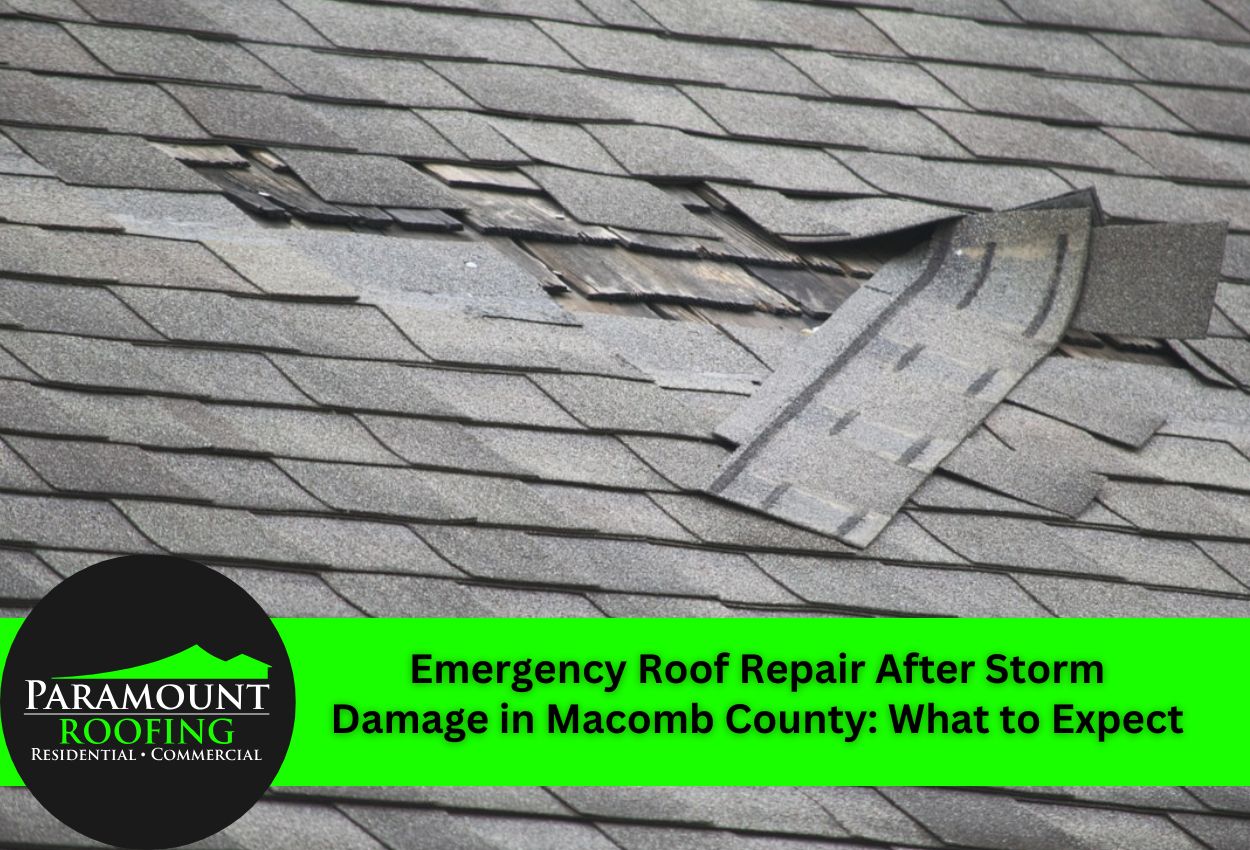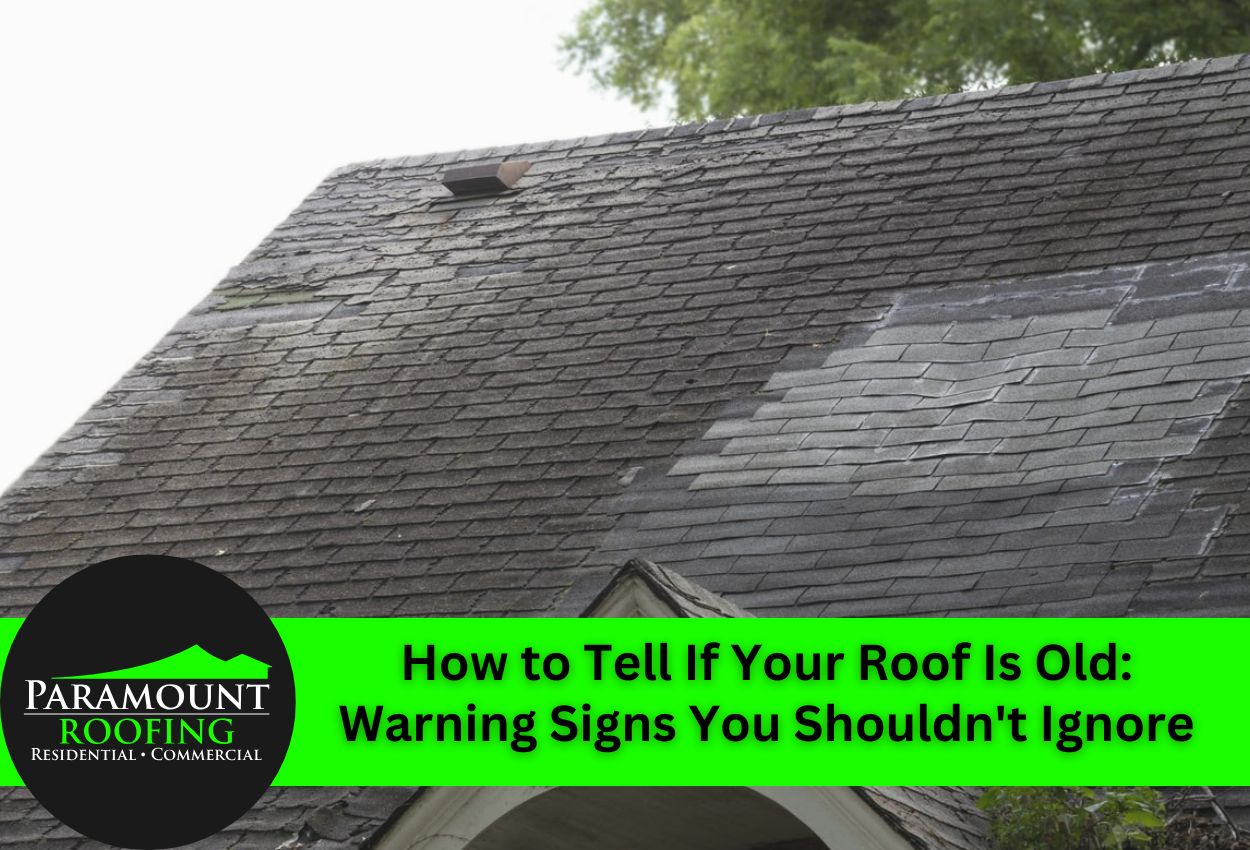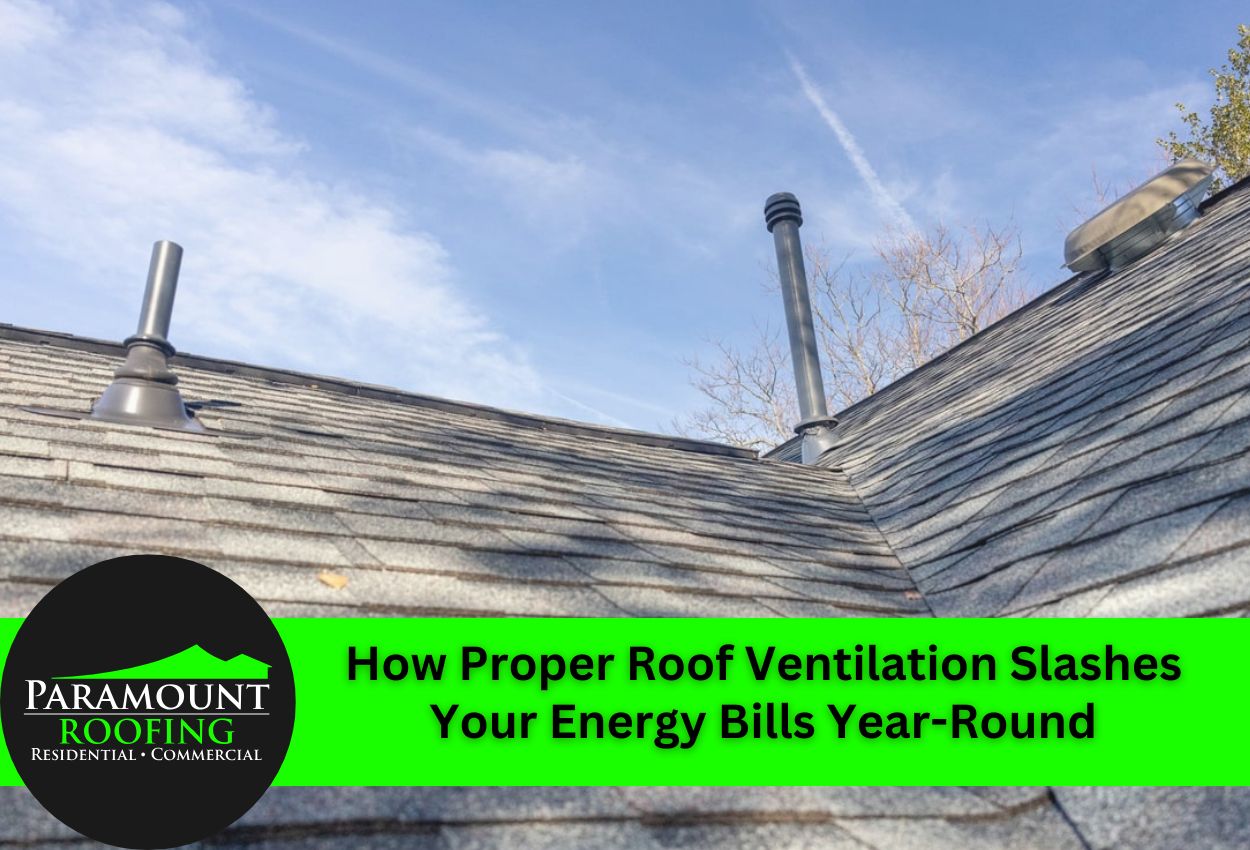Protecting Your Detroit Home: Finding the Best Hail-Resistant Roofing Solution

With hailstorms becoming increasingly common in Michigan, selecting the right roofing material isn’t just about appearances, it’s about safeguarding your most valuable investment. Hail can cause devastating damage to standard roofing materials, leading to leaks, structural issues, and expensive repairs.
What makes certain roofing materials stand up better to hail impact? The answer lies in their composition, thickness, and impact resistance rating. The most hail-resistant roofing options are designed with reinforced materials that can absorb the energy from hailstone impacts without cracking, splitting, or breaking. Class 4 impact-resistant roofing — the highest rating available—offers superior protection during severe weather events that Detroit residents occasionally experience.
Investing in quality hail-resistant roofing materials typically costs more upfront but provides significant long-term savings. The durable roofing options mentioned in this blog post reduce the frequency of repairs and replacements while potentially lowering insurance premiums. Many Detroit-area insurance companies offer discounts for homes with impact-rated roof shingles, recognizing their effectiveness in minimizing storm damage claims.
Impact-Rated Roofing Materials: Understanding the Class System
When shopping for hail-resistant roofing materials in Michigan, it’s essential to understand the classification system that measures impact resistance. The UL 2218 standard, developed by Underwriters Laboratories, provides a clear framework for evaluating how roofing products perform when struck by hail.
The classification system ranges from Class 1 to Class 4, with Class 4 offering the highest level of protection. Class 1 materials can withstand impact from 1¼-inch steel balls, while Class 2 resists 1½-inch steel balls. Class 3 materials stand up to 1¾-inch steel balls, and Class 4 — the highest standard for impact-rated roof shingles — withstands the impact of 2-inch steel balls without cracking or splitting.
Detroit homeowners can verify certified impact-resistant products by looking for the UL 2218 label on packaging or product documentation. Legitimate Class 4 impact-resistant roofing materials will always include this certification, indicating it has undergone rigorous testing. Many manufacturers also provide specific warranty coverage for impact damage on these premium products.
Local roofing contractors in Michigan can help you figure out what materials to use, showing you samples of various durable roofing options for storm protection. When reviewing materials, ask to see the actual UL classification documentation rather than relying solely on marketing claims. Weather-resistant roof materials with proper certification provide Detroit homeowners with reliable protection against our region’s increasingly severe hailstorms.
Metal Roofing: Superior Protection Against Detroit’s Severe Weather
When it comes to defending your home against Detroit’s unpredictable and often severe weather patterns, metal roofs stand out as an exceptional choice. Available in aluminum, steel, and copper varieties, metal roofing systems offer remarkable resilience against hail impacts. Unlike traditional materials, quality metal roofing can withstand hailstones without sustaining permanent damage, often simply denting rather than cracking or breaking.
Aluminum roofing excels in corrosion resistance, making it ideal for Michigan’s varied climate, while steel options offer superior strength at a more accessible price point. For homeowners seeking the ultimate in durability and aesthetic appeal, copper provides unmatched longevity, developing a distinctive patina over time that many Detroit historic neighborhoods prize.
Many homeowners express concerns about noise during rainstorms or hail events, but modern metal roof installations include solid roof decking and insulation that significantly minimizes sound transmission. Today’s metal roofing systems also come in various profiles and colors that complement any architectural style found throughout Detroit’s diverse neighborhoods, from Victorian to contemporary.
Beyond their Class 4 impact resistance rating, metal roofs offer additional weather-resistant benefits, including superior wind resistance, excellent snow shedding capabilities, and energy efficiency that can reduce cooling costs during Michigan summers. With lifespans often exceeding 50 years, metal roofs represent one of the most durable roofing options for long-term storm protection in the Detroit area.
Asphalt Shingles: Advanced Technology for Hail Protection
Modern impact-resistant asphalt shingles represent a significant technological advancement in residential roofing across Michigan. Unlike standard asphalt products, these specialized shingles incorporate reinforced fiberglass or organic mats to enhance flexibility and help absorb hail impact without cracking. The backing material is substantially thicker, providing a more robust foundation that prevents punctures even during severe Detroit hailstorms.
Polymer-modified asphalt is a key innovation in these products, creating a more malleable surface that resists cracking when struck by hailstones. Manufacturers also use larger, more firmly embedded granules that stay in place during impact, maintaining the shingle’s protective capabilities and extending its functional lifespan in Michigan’s challenging climate conditions.
When comparing standard asphalt shingles versus impact-resistant ones, the difference becomes evident after a typical Detroit hailstorm. While conventional shingles often show immediate granule loss, cracking, and potential water infiltration points, Class 4 impact-rated shingles typically emerge unscathed from the same weather event. This difference in performance translates to approximately 10 to 15 years of additional service life in our Michigan climate.
For Detroit-area homeowners seeking the familiar look and reasonable cost of asphalt while gaining superior hail resistance, these technologically advanced shingles offer an excellent compromise between traditional options and premium materials like metal or slate. Their Class 4 impact rating assures that your roof will stand up to Michigan’s increasingly harsh weather patterns.
Alternative Hail-Resistant Materials To Choose From: Synthetic, Slate, and Tile Options
Beyond traditional roofing materials, Detroit homeowners have access to several innovative alternatives that offer excellent hail resistance. Synthetic roofing products have revolutionized the market by combining the classic appearance of conventional materials with significantly enhanced impact resistance. These composite options — made from rubber, plastic polymers, and recycled materials — are engineered specifically to withstand Michigan’s severe weather conditions.
Synthetic slate provides the elegant appearance of natural stone but weighs considerably less, making installation easier and reducing structural requirements. These products achieve Class 4 impact ratings while offering improved flexibility that prevents cracking during freeze-thaw cycles common in Detroit winters. Many synthetic options are manufactured with UV inhibitors that prevent color fading and deterioration from Michigan’s seasonal sun exposure.
For homeowners seeking authenticity, natural slate remains one of nature’s most durable roofing materials. With a potential lifespan exceeding 100 years, genuine slate easily achieves Class 4 impact resistance ratings. In the same way, concrete and clay tiles offer exceptional durability against hail, though their weight requires you to assess your home’s structural capacity before installation.
Each of these materials offers Detroit homeowners distinct advantages in terms of longevity, maintenance requirements, and appeal. Local Michigan roofing professionals can help determine which option best suits your specific neighborhood, architectural style, and protection needs, providing samples that demonstrate how these materials perform after years of exposure to our challenging climate.
Installation Factors That Maximize Hail Protection
Even the best roof material for hail can fail if it’s not installed correctly. When investing in impact-resistant roofing materials in Detroit, proper installation techniques and the right system components are just as crucial as the surface material itself. The foundation of a truly weather-resistant roof begins with quality roof decking — typically plywood or oriented strand board (OSB) of the right thickness to provide a stable base that absorbs impact energy and prevents flexing during hail events.
Premium underlayment serves as a critical secondary barrier beneath your hail-resistant roofing materials. Self-adhering, waterproof underlayment creates a watertight seal that prevents moisture intrusion even if surface materials sustain damage. For maximum protection, Detroit contractors should install ice and water shields in valleys and along eaves where water tends to collect during Michigan’s freeze-thaw cycles.
Fastener selection and placement significantly influence a roof’s hail resistance. Class 4 impact-resistant roofing requires precise nailing patterns and techniques specified by manufacturers. Using incorrect fasteners or improper spacing can void warranties and compromise the entire system’s performance during severe storms.
Working with qualified Detroit-area contractors who specialize in durable roofing options for storm protection ensures your investment delivers its full protective potential. Experienced installers understand the unique challenges of Michigan’s climate and will properly integrate all components — from ventilation to flashing details — creating a complete system that maximizes your home’s defense against hail damage.
The Insurance Benefits and ROI of Hail-Resistant Roofing Systems
Installing hail-resistant roofing materials on your Detroit home can provide significant financial advantages beyond just protecting your property. Many Michigan insurance providers offer premium discounts for homeowners who upgrade to qualified impact-resistant roofing systems. These incentives typically range from modest reductions to substantial annual savings, depending on your specific insurance carrier and policy details.
When calculating the return on investment for Class 4 impact-resistant roofing, consider the full lifecycle benefits. While premium weather-resistant materials have a higher initial cost than standard options, their extended lifespan dramatically improves their value. Impact-rated roof shingles typically last 10 to 15 years longer than conventional materials when exposed to Michigan’s climate extremes, effectively spreading the investment over a much longer period of time.
The numbers become even more favorable when accounting for avoided repair and replacement costs. Detroit homeowners with standard roofing typically face partial repairs after significant hailstorms every 3 to 5 years, with full replacement often necessary after severe weather events. On the other hand, properties with durable roofing options that offer quality storm protection rarely require post-storm repairs, eliminating recurring expenses entirely.
Speak With Paramount Roofing Experts for Hail-Resistant Solutions in Detroit
Understanding the right roofing material to withstand severe weather, particularly hail, can be daunting. Paramount Roofing specializes in providing top-tier hail-resistant roofing materials that ensure your home remains safe and undamaged through Detroit’s harsh weather conditions. Our selection of Class 4 impact-rated roof shingles and durable metal roofing options offers the protection your home needs.
Choosing the best roof material for hail involves considering long-term durability and potential insurance benefits. With Paramount Roofing, you not only get access to premium materials but also expert installation that maximizes hail protection. Don’t wait for the next storm to test your roof’s resilience. Call us today at (586) 690-0227 to schedule a consultation and ensure your home is prepared to face any weather challenges.
 Free Estimate
Free Estimate
 Request Service
Request Service Locations
Locations 



